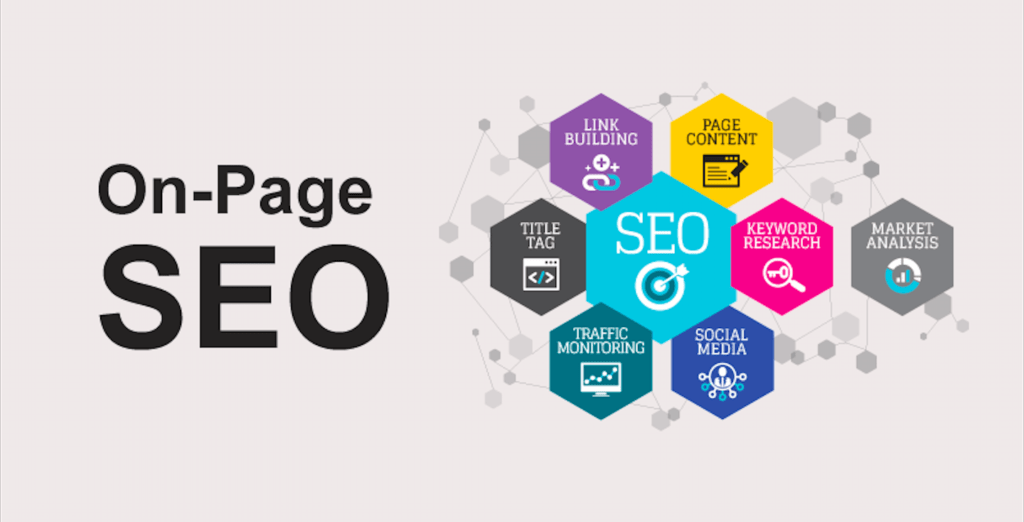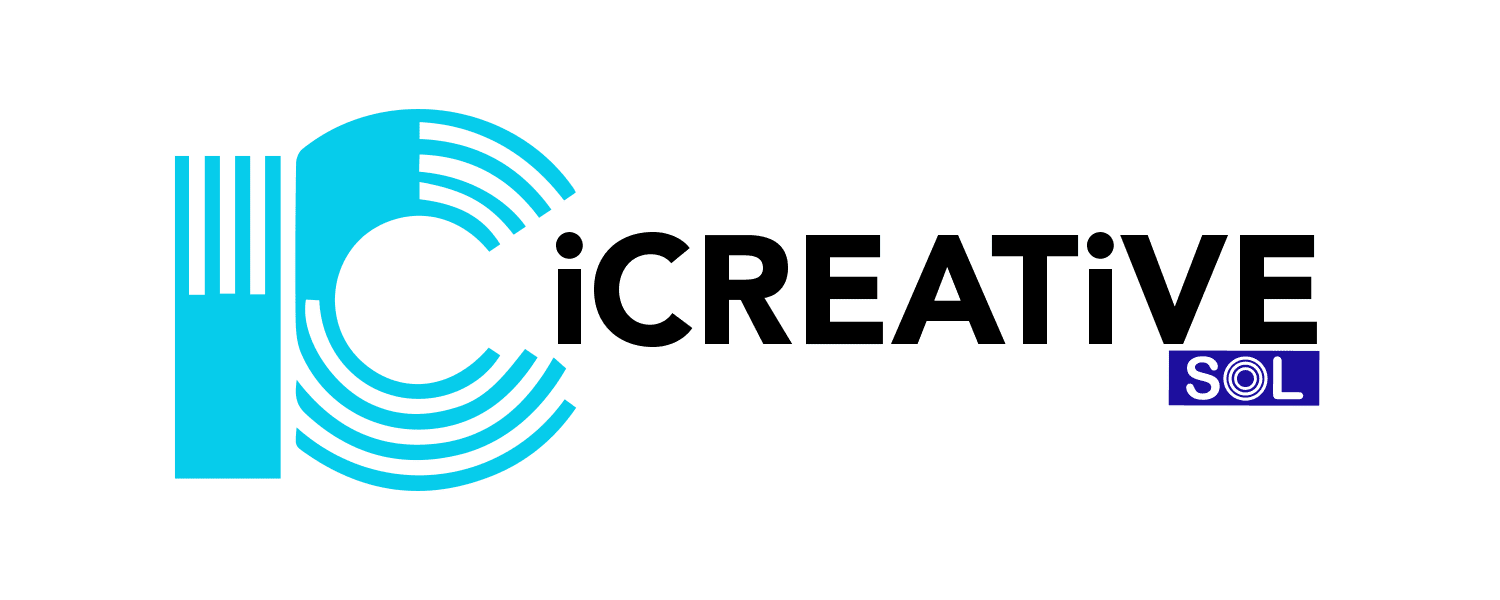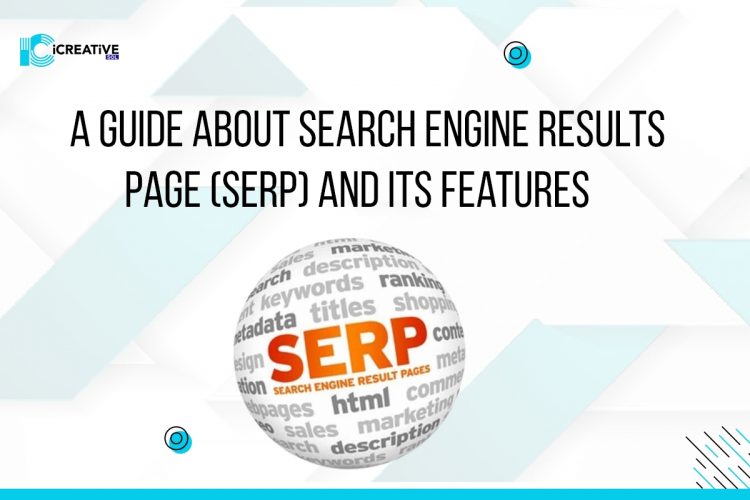
Introduction
Search engine optimization includes a wide variety of strategies that fall into two broad categories. Off-Page optimization (or things that happen outside your site that often cannot be controlled). On-Page optimization ( widely known as On-Page SEO), involves all the measures that can be taken directly from the website in order to upgrade & improve it’s position in the search ranking.
Usually, when we’re talking about improving our SEO, it means On-Page SEO. Let’s talk more about the significance of On-Page SEO. Moreover, why this is such an important part of modern web marketing.
If you’d like to talk with an expert about SEO Services for your website, feel free contact us!
Components Of On-Page SEO
Technical SEO
There are 3 main technical elements of a website that you can optimized:
Speed of Server:
Website loading time depends upon search engines. As they’re a part of their evaluation for the purpose of their ranking, increasing the speed of server response time. These all are an important part of On-Page SEO.
Efficiency of Source Code:
A well-organized & efficient source code can help in improving the performance of your website. Excessive functions or sections of code usually get removed or other elements can be combined. In order to make it easy for Googlebot to index the site.
SEO-Friendly Content:
Text:
For a while, text optimization was done on the basis of keyword density. But now, this approach has been suspended.
The main aim is not use only one key word if we are trying to increase the text optimization. Rather, it should cover term combinations and entire keyword clouds in the most appropriate way.
Meta Tags:
Meta tags give you a description about the webpage in HTML of the document. This description is known as “Meta Data” & it is not show-cased on the page. However, it can be read by search engines & web crawlers.
Meta tags also inform web browsers how to display it to the visitors.
Structural Text Element:
In this part, we cover the use of paragraphs or bullet point lists, h-headings tags and bolding or italicizing individual text elements or words.
Internal Links
Here we decide how to manage and distribute the link around the domain. Also, how it can assist in increasing the importance of sub-page regarding a specific keyword.
Canonical Tags:
In order to avoid duplication of content, we use canonical tags or assigning paper with a noindex attribute.
Size of File:
Pictures or graphics that are too big can significantly increase the page load time. In On-Page SEO, we do the maintenance of keeping files as small as possible.
Optimization of Mobile:
Meaning reshaping a website’s content so that it can be easily approached & accessed on mobile devices.
Read more: SEO Copywriting: Does it Impact Your Online Growth?
Why is On-Page Optimization So Important?
On-page SEO helps search engines analyze your website and its connected content. It is so that they can identify whether a search query is relevant to your site.
As much as half of all website traffic originates from search engines such as Google or Bing. Nearly 40% of online revenue comes from search traffic. Another food for thought is as follows: The top 1st result on Google gets over 32% keyword traffic. Moreover, the first-page search results enter as much as 91.5% of traffic.
This is why on-page SEO is necessary. Without it, your website might be seriously missing out on ranking opportunities for company-specific search queries.
Your competitors can push down your search results if you do have SEO strategy your website could get pushed down search results by competitors. That’s a big part of the reason many companies hire search engine optimization specialists because the world of research marketing has grown to about 79 billion dollars.
Final Remarks
On-Page SEO is important if you want to increase the likelihood of your website appearing in search results.
On-site factor optimization regularly can help you improve rankings, traffic, and conversions.
Author



